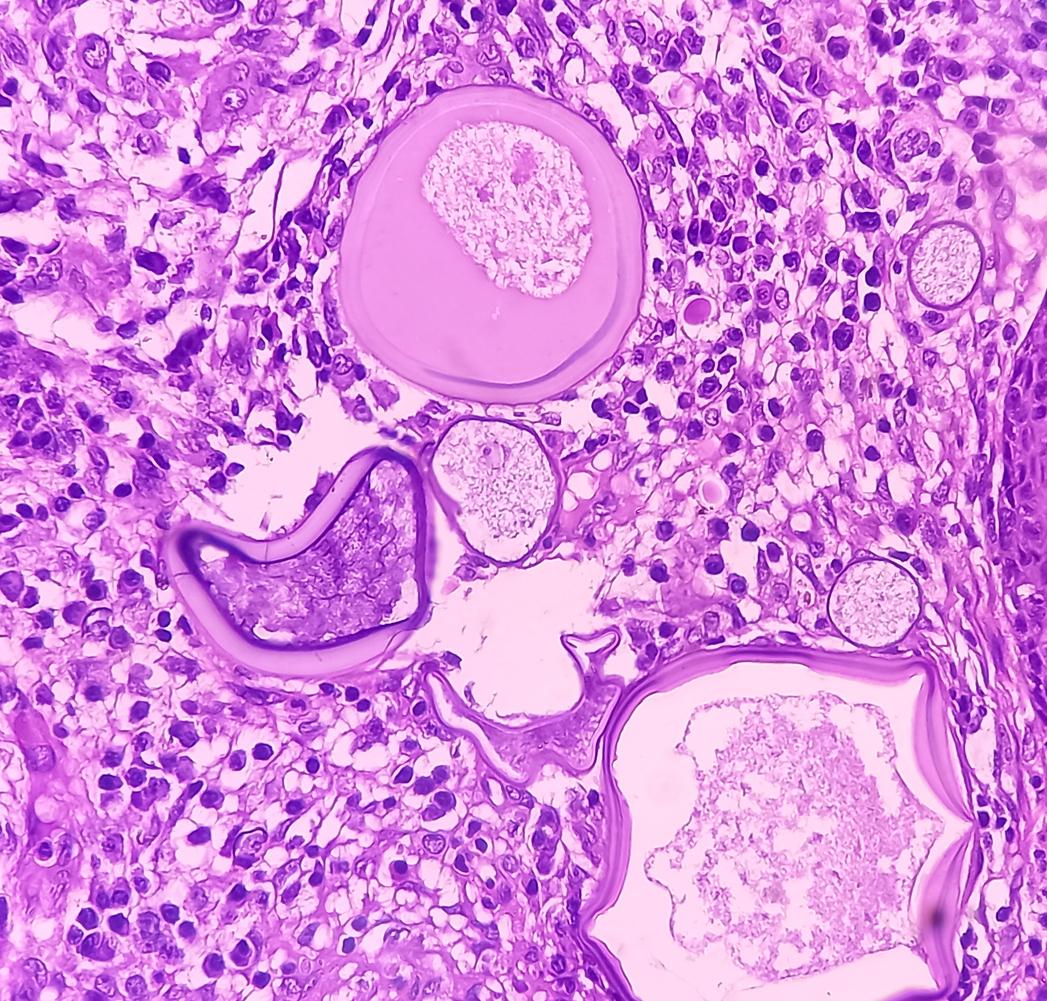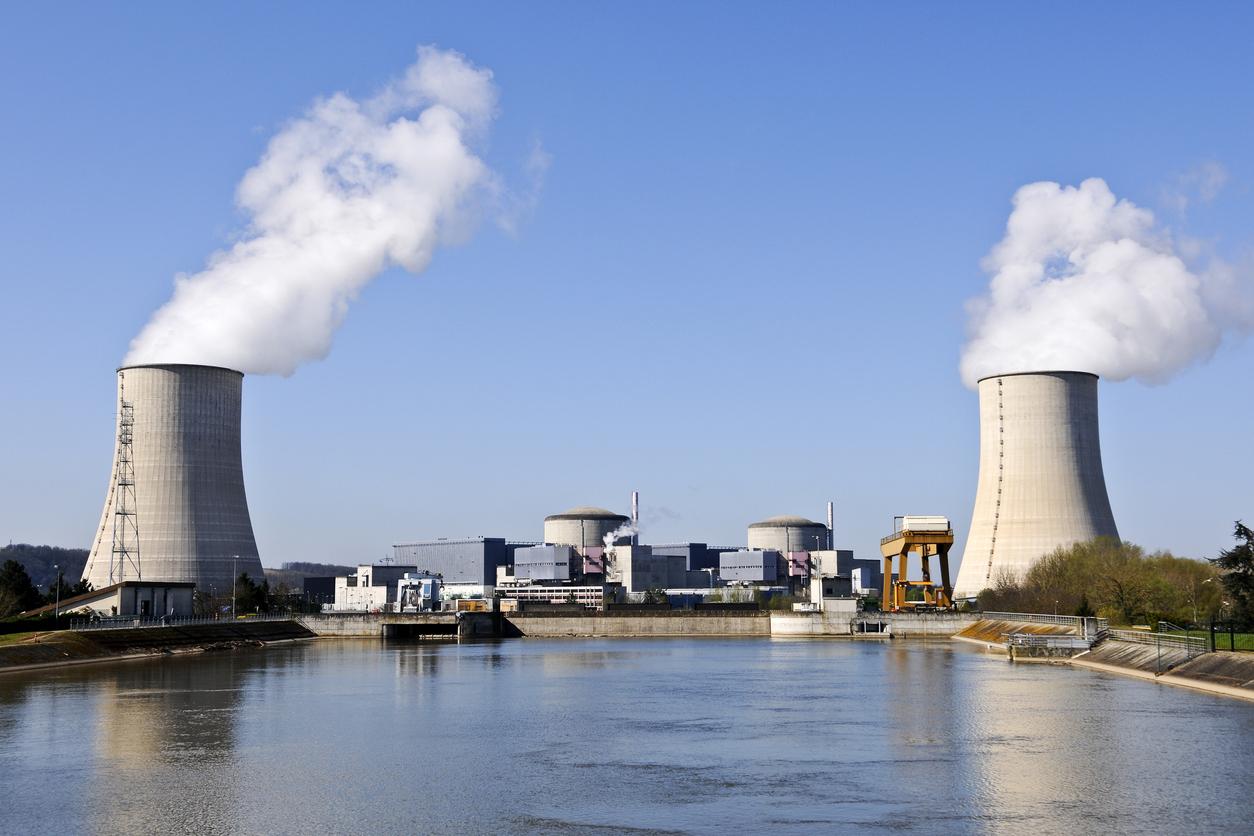Many articles and posts on social networks advocate the anti-cancer effects of fasting. Inserm takes stock of the data collected by science on this subject.

- Cancer cells need a lot of energy to grow. They thus use a lot of carbohydrates but also lipids or proteins.
- Thus, many people assure that fasting can help fight the development of malignant tumors.
- But Inserm, which has taken stock of the various studies carried out on the subject, assures that these benefits are not scientifically proven.
On social networks, numerous posts assure that it “you should avoid eating to starve the tumors” and thus lend anti-cancer effects to fasting. Inserm has taken stock of this often shared idea in its Canal Détox section.
Calorie restriction and cancer: tumors do not only feed on sugar
In the 1930s, doctor Otto Warburg demonstrated that cancer cells need a lot of energy to grow and thus consume more sugars than healthy cells. It is also this particularity which allows us to see the majority of tumors in the body during imaging examinations.
“It is therefore not surprising that the idea of depriving tumors of fuel to slow their development has been the subject of much research since the 1940s”notes Inserm in his article. Some are working on drugs that prevent tumor cells from capturing or using energy resourcesothers work on calorie restriction.
“However, the equation is far from simple, because by wanting to “starve” the tumors, it is the entire organism that we risk weakening. Tumor cells aren’t the only ones that need carbohydrates; muscle, heart, liver or brain cells too”, notes the scientific organization.
Furthermore, cancer cells have very great adaptation capacities. It has been proven that in the absence of sugar, they will seek their energy elsewhere, notably in lipids or proteins.
“Moreover, as they grow, tumors tend to favor fatty acids more and even have the capacity to produce their own lipids. In other words, tumor cells are resourceful.”

Intermittent fasting and cancer: “not scientifically proven” benefits
To determine if fasting could help fight cancer, the Network Nutrition Physical Activity Cancer Research (NACRe) compiled all the studies carried out on the subject between the end of the 1940s and 2017. If certain studies on animals show the benefits of this practice, others establish no effect or highlight deleterious consequences on tumor growth, or even the survival rate of patients.
A report of theInserm dating from 2014 has, for its part, highlighted that research carried out on humans is based on small samples or questionable methodologies. L’Inserm concludes: “if fasting for therapeutic purposes is fashionable, the experts are therefore clear: This is a practice whose benefits are not currently scientifically proven in patients with cancer, and which carries risks.”. Experts also point out that “undernutrition is directly responsible for 5 to 25% of deaths among people with cancer”.
The organization adds that each cancer is specific, it will be necessary to “numerous studies to confirm or refute the benefits of a restrictive diet or fasting.


















